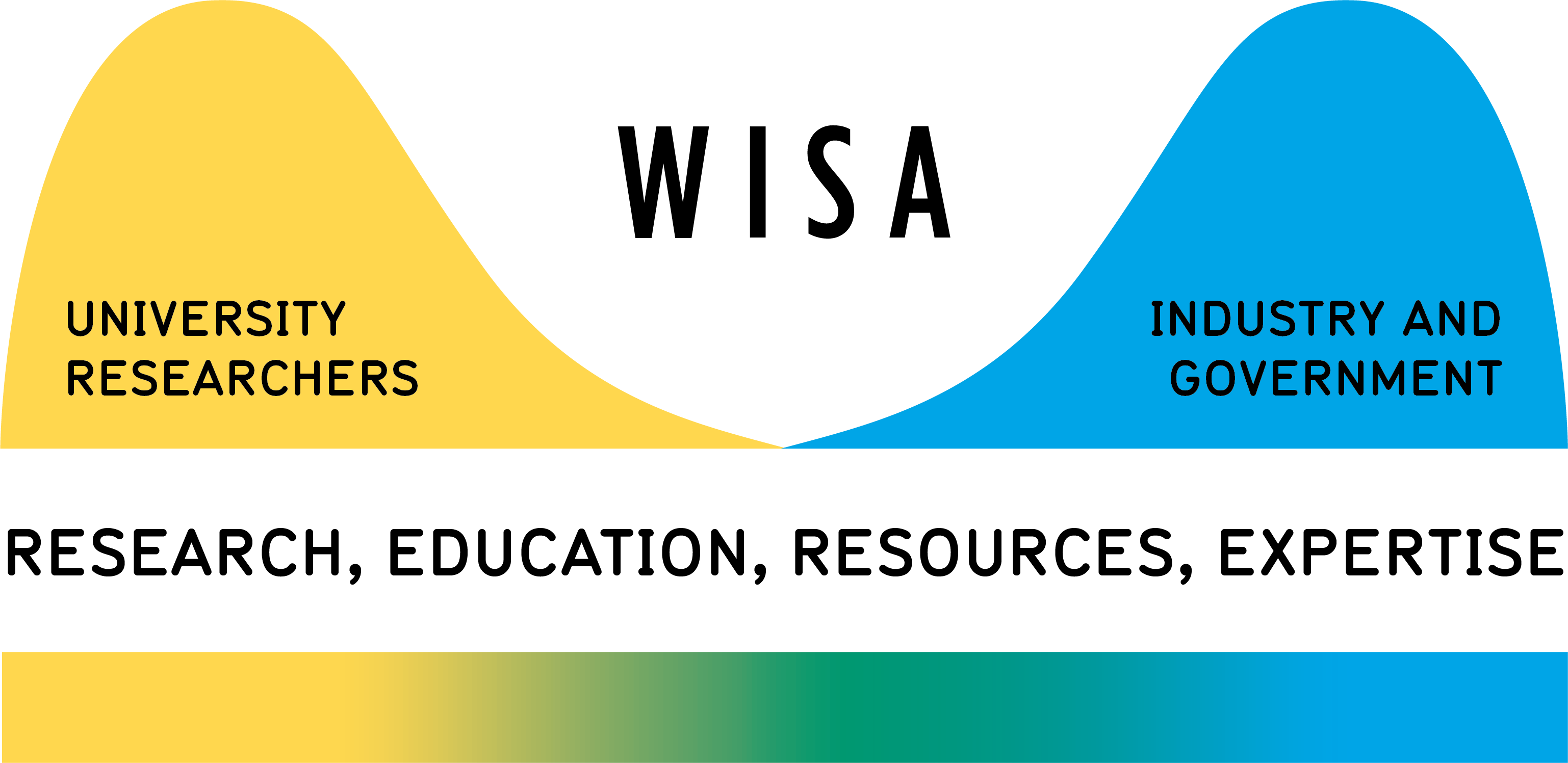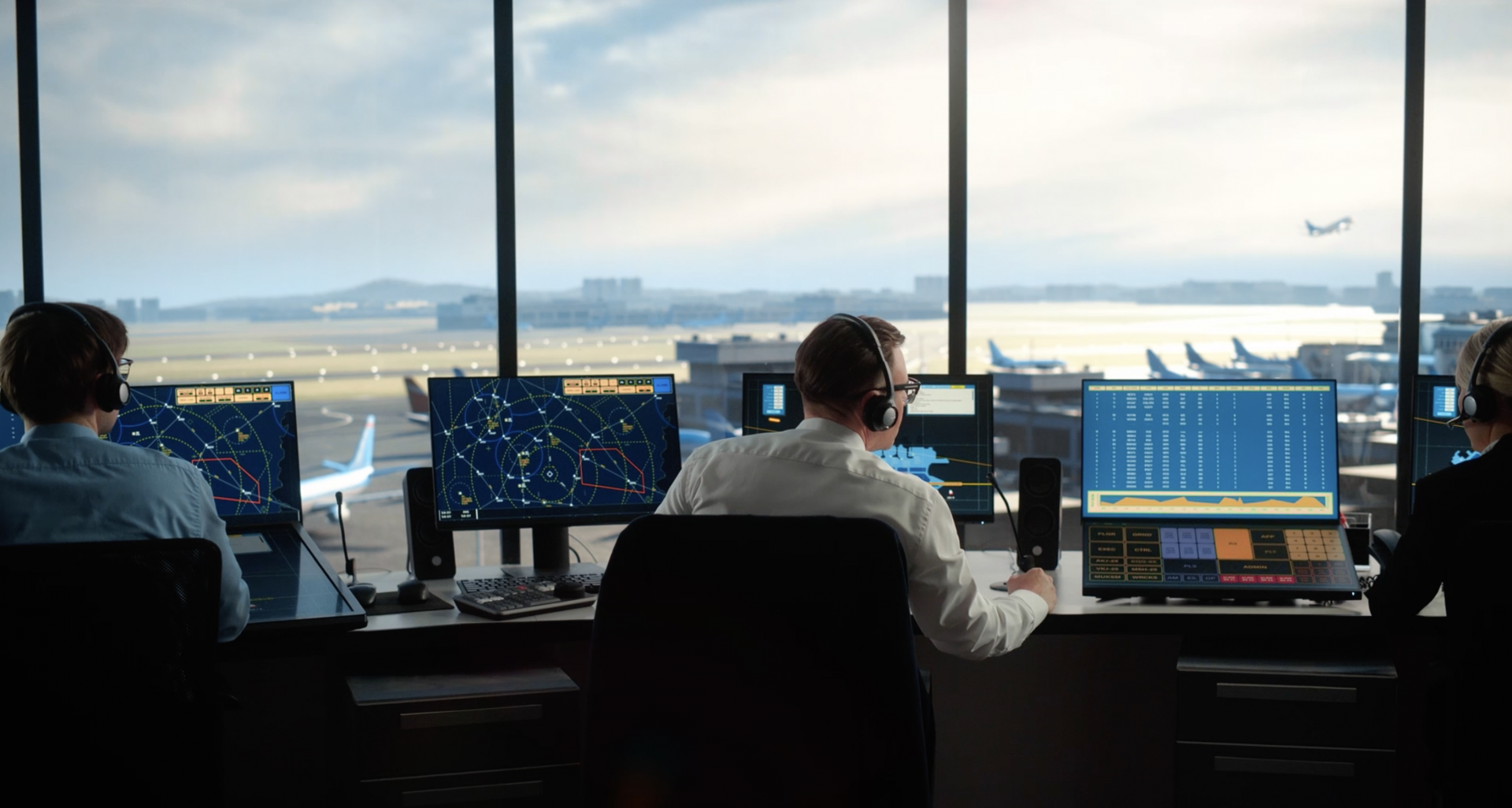MESSAGE FROM THE DIRECTOR
Over the past year, it has been a privilege to lead WISA in its transition from concept to reality. Given the impact of the pandemic and its role in compounding long-standing issues in aeronautics, I’m more confident than ever in the value of WISA’s mission and vision.
As an aviation professor with deep connections to the air transport sector, I was aware of the many challenges being faced as operators, governments, and manufacturers began to imagine aeronautics within a post-pandemic world. Pre-pandemic, the sector already faced tremendous disruption associated with a lack of personnel, growing environmental emissions, and the rapid evolution of technology. These challenges inform the three pillars of WISA’s mission – to support the sector to improve social, environmental, and economic sustainability.
Confronting these challenges will require a collaborative approach that draws on expertise across disciplines and industries. While the pandemic has been a trying time for us all, another factor also emerged; with aviation colleagues around the world out of work for more than 18 months, we witnessed a collective shift in perspective. Perhaps the difficulties we all faced fostered a new perspective in our field – that we are all connected and impacted by global events. This renewed awareness of our collective strengths can be a catalyst, helping us work together to find innovative solutions.
Over the last year, we also saw significant commitments being made to a sustainable future. The International Air Transport Association (IATA, the voice of the world’s airlines) set the goal of net-zero carbon emissions by 2050. In addition, Resolution A40-18 from the International Civil Aviation Organization (ICAO, a special agency of the United Nations) committed to carbon neutral growth from 2020 onwards, to be achieved through a basket of measures including new technologies, sustainable aviation fuels, operational improvements, and the Carbon Offsetting and Reduction Scheme for International Aviation (CORSIA).
Along with these changes, we witnessed the acceleration of exciting industry developments to promote sustainability, from implementing Environmental, Social, and Governance (ESG) frameworks, to new aircraft designs using electric propulsion, to a renewed focus on achieving equity, diversity, and inclusion within the aeronautics workforce.
What is certain is that a sustainable future for the air transport sector will be inextricably linked to technological innovations and the development of a future-ready workforce, and these are the focus of WISA.
As WISA looks to its second year, we have identified priority research areas to align the strength and capacity of our researchers with areas of optimal impact. We are thrilled to launch the Collaborative Aeronautics Program this coming Fall. The unique graduate program will begin training the next generation of leaders who bring rich disciplinary expertise in their home areas, ready to be applied towards aeronautical challenges.
We are thankful to our members, more than 75 researchers who together represent all six faculties at Waterloo; to our University leadership who supported the vision of WISA and our journey to evolve our ideas into impact; to our Advisory Committee and industry partners who work collaboratively with us to set the course and direction of our work; and to our students, who are a continual inspiration and reminder of the future we want to shape together for the air sector. Dr. Suzanne Kearns Founding Director, WISA Associate Professor, Aviation
How WISA bridges the gap
WISA provides the tools, resources, and connections to align academic and commercial activity, bringing evidence-based research and real-world innovation together.


